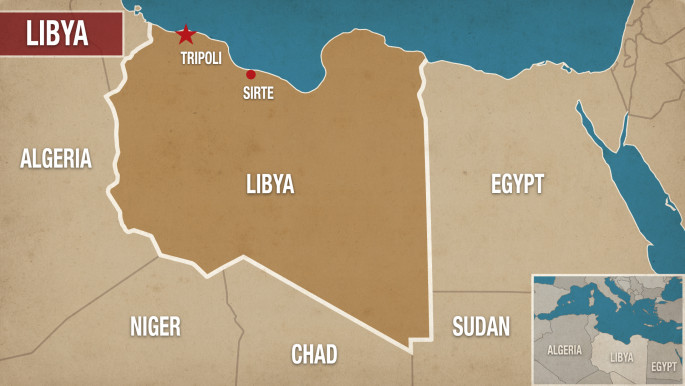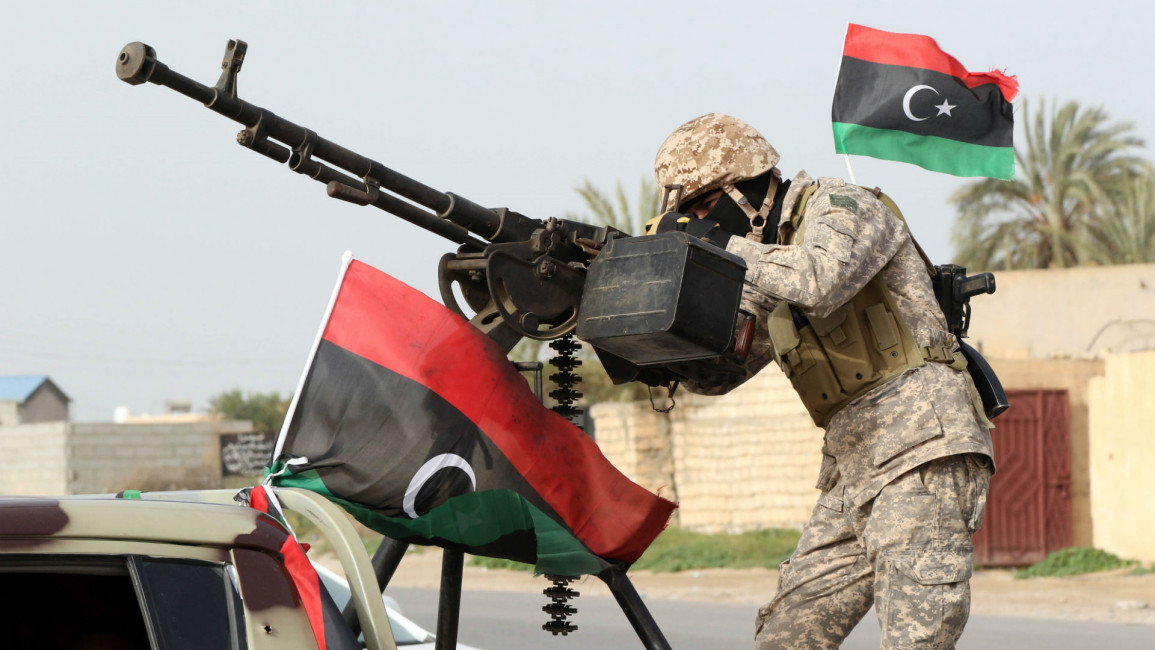Libyan armed groups 'must be involved in peace talks'
"Little progress will be made without involving the most important armed actors in dialogue," ICG said in a report. "The reset of the mired peace process is imperative."
The Brussels-based think-tank said a December 2015 UN-backed deal to resolve the country's bitter divisions had "reconfigured more than contributed to resolving internal strife," as a constellation of militias continued to vie for control of the country.
Under the agreement, signed in the Moroccan resort of Skhirat, a Government of National Accord would lead the country for two years prior to elections.
The GNA was intended to replace two rival administrations in eastern Libya and the capital Tripoli but it has so far failed to win a vote of confidence from the eastern parliament that would give it authority across the country.
The battle for oil ports
 |
|
On the ground, GNA-allied forces have been fighting since May to drive out Islamic State group militants from their coastal bastion of Sirte.
In September, forces allied with controversial Field Marshal Khalifa Haftar, who does not recognise the GNA, took over four key oil ports in the so-called oil crescent, east of Sirte.
International Crisis Group warned that pro-GNA forces in Sirte may advance on the oil ports or that Haftar's forces could move west towards Tripoli, sparking further clashes.
"Avoiding a new confrontation in the oil crescent is particularly urgent," it said.
Fighting over Libya's vital oil and gas resources could slow down efforts to increase exports, damaging the economy and peace prospects, said ICG.
Meanwhile, a failed peace process would give radical groups the opportunity to re-group, said the think-tank, which suggested outside powers that are pushing for diplomacy are just as divided as Libyans.
A group of mostly western countries that supports the GNA has prioritised the fight against IS and controlling migration flows from Libya towards Europe, it said.
But another group including Egypt, the United Arab Emirates and Russia see Haftar's forces as the nucleus of a future military, and are suspicious of Islamist clout in Tripoli.
On Tuesday, a Libyan military official formerly affiliated to the general confirmed to The New Arab that the UAE now maintains a military base that supports the operations of Khalifa Haftar in eastern Libya.
"Previously, Emirati jet fighters backing Haftar took off from bases in western Egypt, but following negotiations earlier this year by the UAE and France with Haftar, he gave them an agricultural airstrip" for their operations, he added.
ICG said Haftar should not be excluded from the peace process and that his backers should push him to negotiate.



